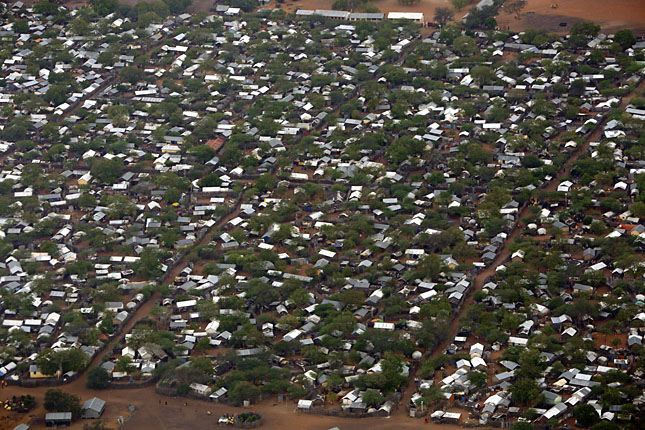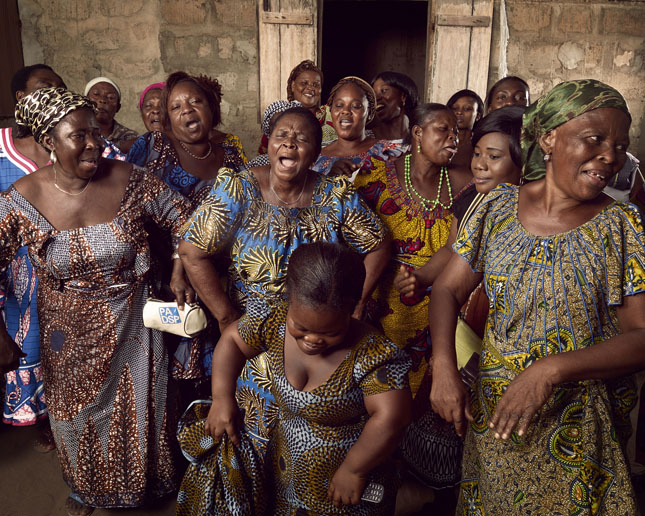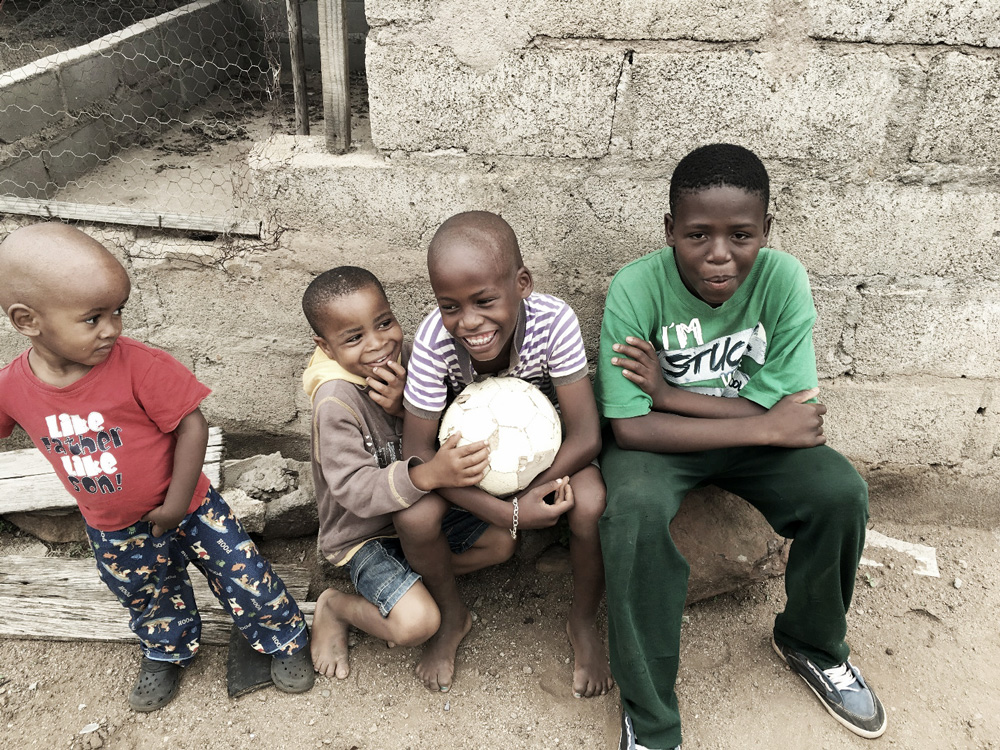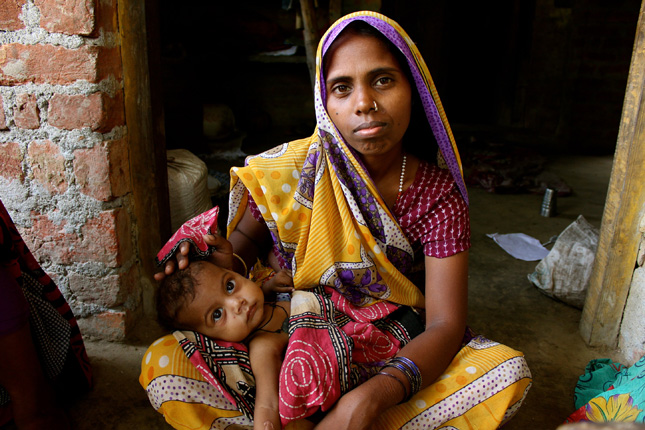-
A Matter of Perspective: Astronaut Susan Helms on Seeing Humanity’s Impact From Space
›Susan Helms is a former NASA astronaut and retired member of the United States Air Force. During her time in the military, Helms flew over 30 different types of aircraft and received four Legion of Merit awards and three Defense Superior Service medals. She also holds the record for longest space walk and spent over 5,000 hours in space. She retired in 2014 with the rank of lieutenant general and now serves on the Wilson Center Board of Trustees. What did she learn over the course of such a distinguished career, much of it spent miles above the ground?
-
Human Rights and the Environment: How Do We Do Better?
›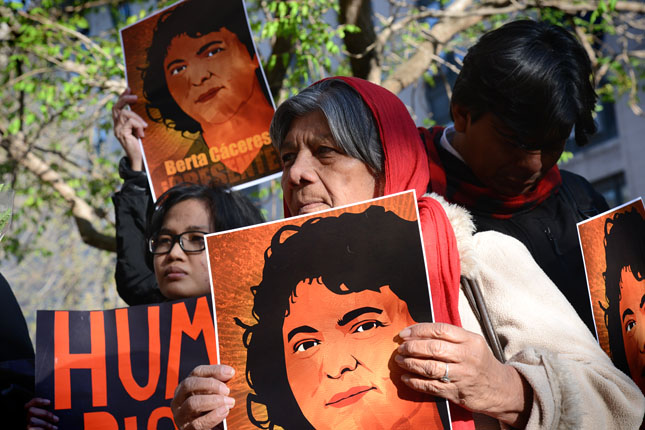
2015 was a deadly year for environmental activism. According to Global Witness, 185 activists were killed, a 60 percent increase from 2014. Of the victims, 40 percent were indigenous people, like Berta Cáceres, who spoke at the Wilson Center last year and was shot and killed in her home in Honduras this March. [Video Below]
-
Climate Diplomacy
Chad Briggs on Managing Environmental Risks and Military, Intelligence, and Diplomacy Roles
›June 30, 2016 // By Wilson Center StaffChad Briggs, strategy director of global interconnections and lecturer at the American University in Kosovo, spoke with adelphi about the role of diplomacy as well as that of the intelligence and military communities in reducing disaster risk and vulnerability.
-
In Cities, the New Battlefield for Sustainable Development, Women and Girls Need Help
›
Last month, the world came to Copenhagen to focus on how to achieve the Sustainable Development Goals (SDGs) for girls and women. The Women Deliver Conference, the largest gathering on girls’ and women’s health and rights in the last decade, was a huge success. Convening over 5,700 likeminded people from 169 countries was important to reenergize the movement and inspire action. Preaching to the converted is sometimes important. But now it’s time to focus on those who are not yet converted.
-
Why East Africa’s Refugee Crises Can No Longer Be Ignored
›
Citing security concerns, the government of Kenya recently announced their intent to close the world’s largest refugee complex, Dadaab, after almost 25 years. [Video Below]
-
New Approaches to Addressing Gender Inequality in Global Development
›
In principle, development organizations and donors have known that gender dynamics affect the success or failure of their efforts for some time. In practice, overturning cultural mores while at the same time improving health outcomes, incomes, or food security can be difficult. [Video Below]
-
Four Cattle and a Farm: On Finding More Inclusive Solutions to Climate Change
›As early as 1911, coal miners in Britain carried caged canaries into mining pits. Any sign of distress from the small birds, which are incredibly sensitive to the presence of harmful gases such as carbon monoxide, meant immediate evacuation. Today’s canaries in the coal mine are low-income, minority communities whose exposure to environmental risks in the United States and elsewhere puts them at the frontlines of the global climate crisis.
-
From Chicago to India, Journalist Tracks Long-Lasting Effects of Childhood Malnutrition in ‘First 1,000 Days’
›
After more than a decade studying the wide-ranging effects of poor nutrition on children, former Wall Street Journal reporter Roger Thurow is outraged. Now he wants to inspire action.
Showing posts from category U.S..



